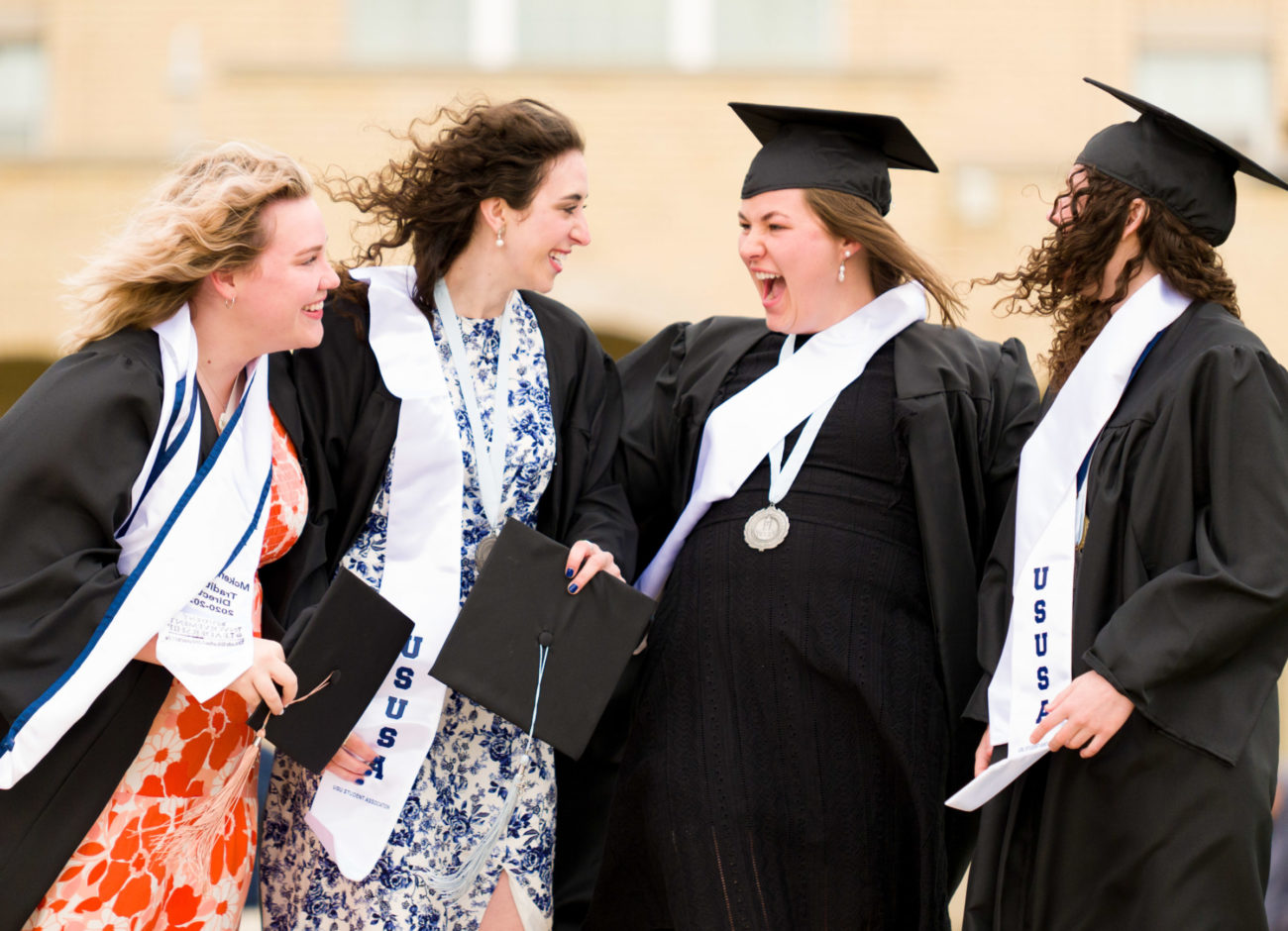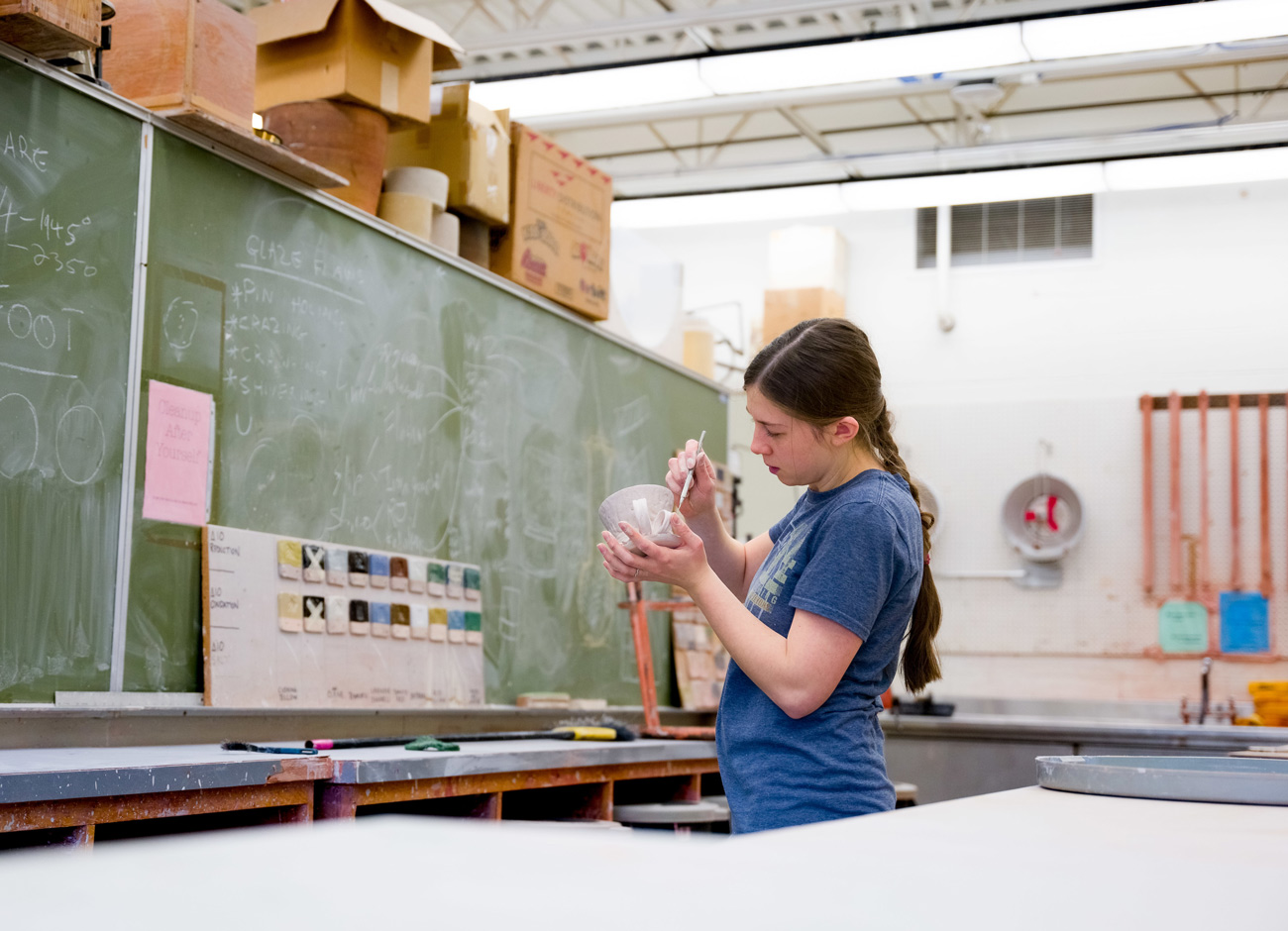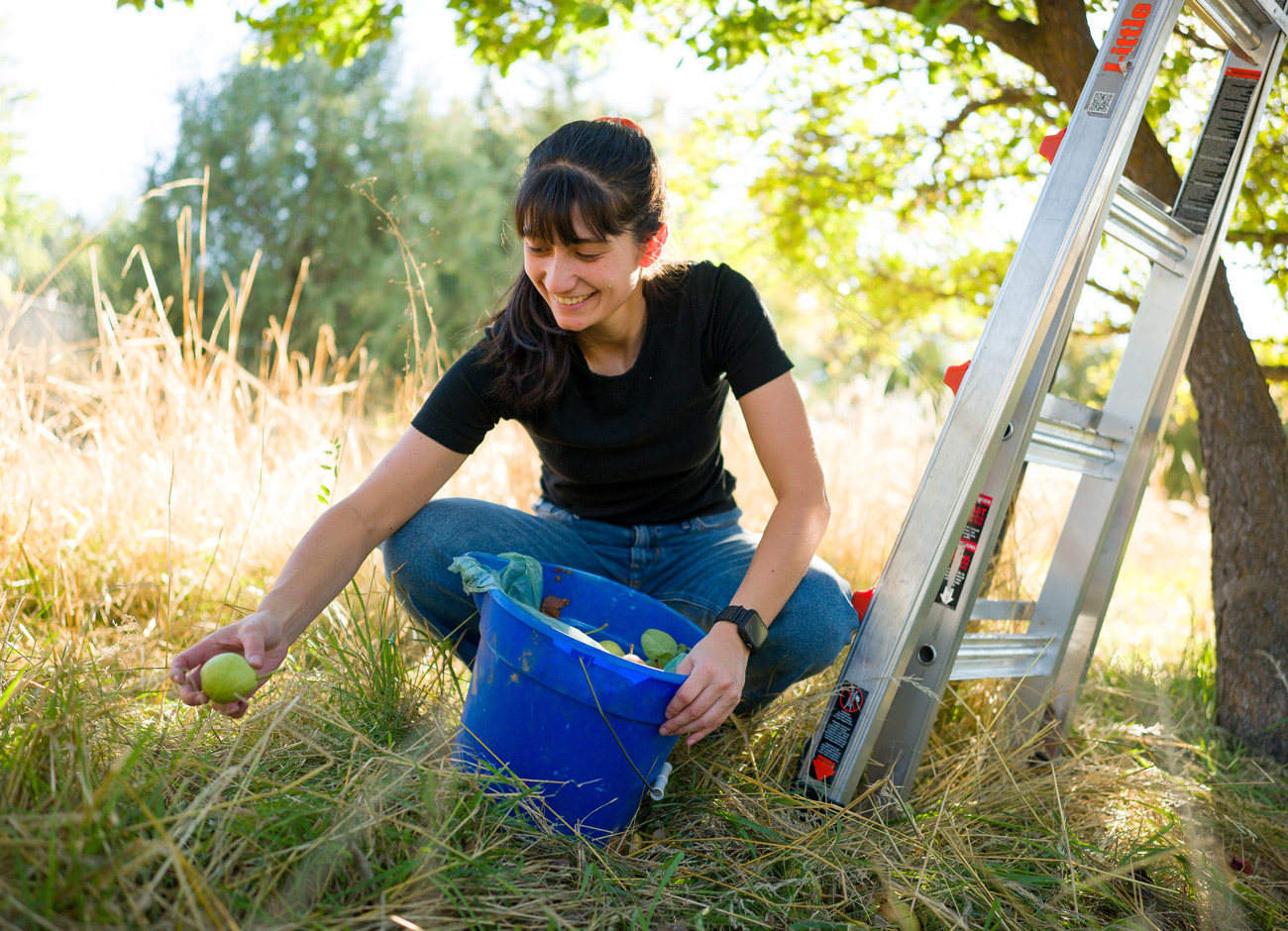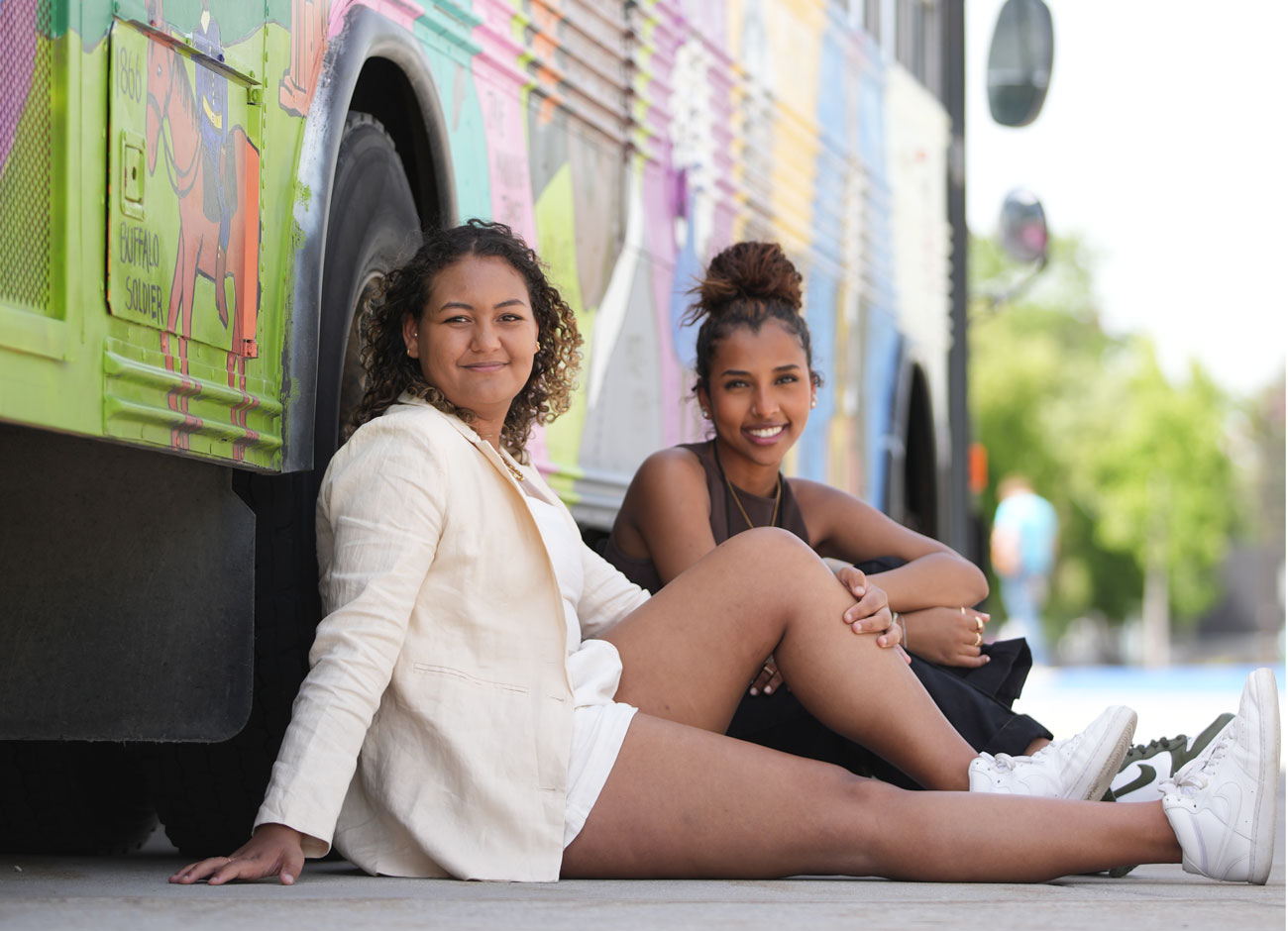Campus Scene: From The Ground Up
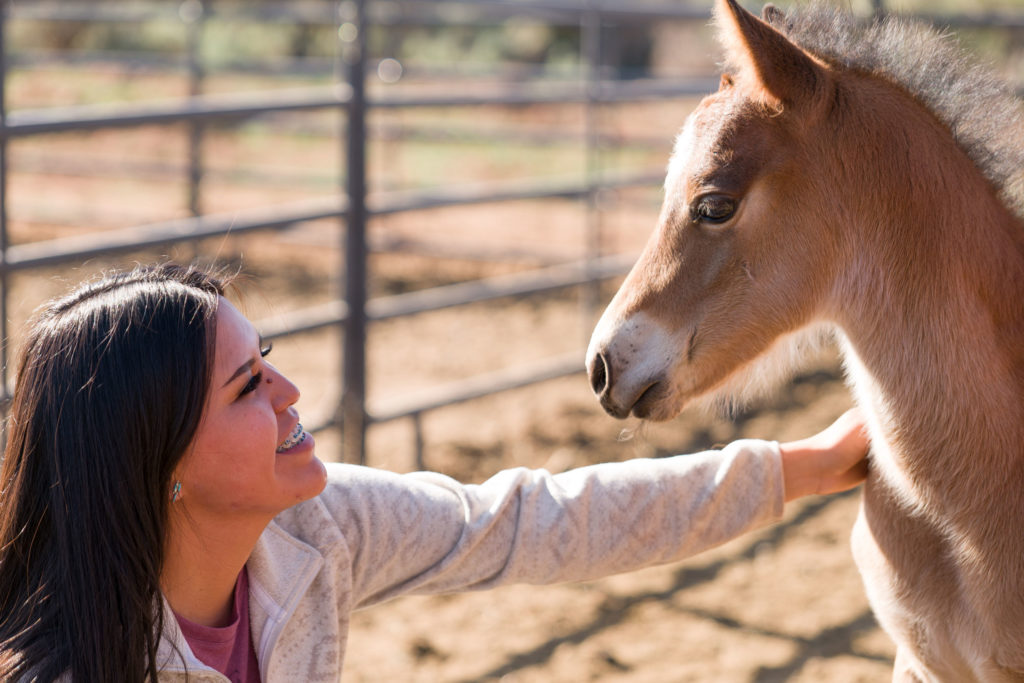
“It’s nothing fancy,” Jim Keyes says about the horse facility at the Utah State University Blanding campus.
A small dirt arena. A dozen head of horses. A few acres of pasture. But it’s a start.
Keyes launched the horse management program in 2017 after dreaming about establishing one “right in the middle of cattle country” for years, he says. “We started with absolutely nothing. Now we have an arena and training pens. This is a program to teach kids the practical use of horses. And in order to that, we have got to start from the ground up.”
Keyes is no stranger to hard work.
“My dad was a working cowboy,” he recalls. “To become efficient at something you’ve got to do it a lot, but you’ve also got to think about it all the time. I didn’t want to do sports, I wanted to do this.”
He earned a degree in animal science and a master’s from USU and then spent decades working on large-scale cattle ranches before settling down as an USU Extension agent in San Juan County. People who do well in this field have confidence and a willingness to continue learning, he says. “Even if you know horses, you can always learn more. … I don’t have enough time left to learn all I want to know about horses.”
Blanding’s horse management program teaches students the basics, from roping and riding to grooming and handling cattle in a low-stress environment so that graduates can be useful on a ranch from day one. Keyes has visions for expanding the operation.
Shaila Ben does, too. The senior environmental studies major “is kind of my head person,” Keyes says. Ben manages the facility when he isn’t there and has been involved with the program since the beginning. She claims Rock Point, Arizona as home. When Ben started, she heard of the horse management program and wondered, “Who is going to take care of the horses?” she smiles. “I hoped it would be me.”
Ben grew up in a family of experienced horsemen who told her that you can talk to a horse and he will talk to you and heal you. She believes they are on to something.
“Moving away from home, it was scary,” Ben says. She took refuge visiting the horses on campus, helping Keyes to feed and brush them. On difficult days she would put her arms around their sturdy necks and “breathe in and out,” she says. They helped her and she helped them.
“I know their personalities and I can just tell when they are not themselves, when they are hurting,” she says.
Ben has big hopes for the burgeoning horse management program.
“In 10 years, I envision a great arena,” she says. “I envision a rodeo team.” Perhaps a colt breeding operation, she muses. “If I could do it for the rest of my life, I would.”
And with Keyes’ training, perhaps she will.



